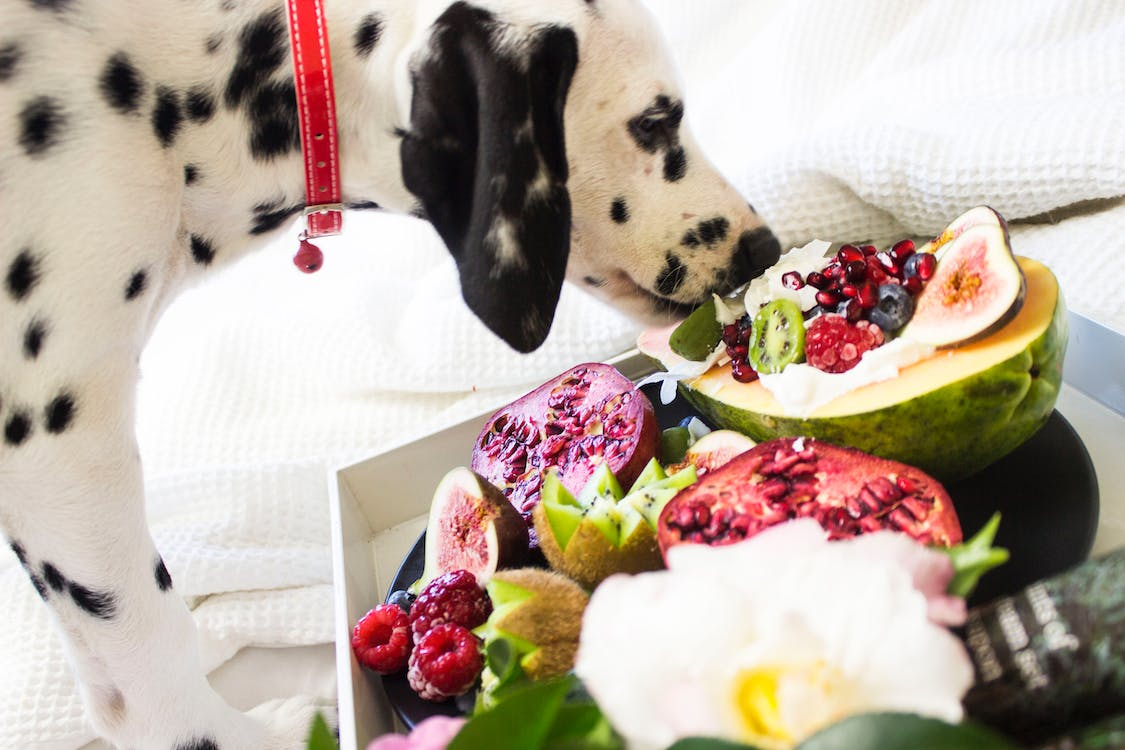With its ultra-fresh citrus scent and extensive therapeutic hype, lemongrass ranks high on the trending aromatherapy mineral list. But before pouring lemongrass-laced massage oil on your pooch or brewing up batches of lemongrass tea to pour over their kibble, critical safety questions emerge around: is lemongrass safe for dogs?
As with many concentrated plant derivatives, lemongrass features compounds posing real risks to canines when improperly administered. Yet when carefully sourced and handled, lemongrass could also benefit dogs struggling with everything from anxiety to skin problems.
Read on for tips on safely leveraging this zesty grass around pets.
Is lemongrass safe for dogs? Is Lemongrass Toxic to Dogs?
Yes, misusing certain forms of lemongrass carries risk of toxicity for dogs.
Native to tropical Asia, lemongrass comprises over 55 species of grass featuring bright green stalks and distinctive lemon flavor. The plant contains antioxidant, anti-fungal and insect-repelling properties.
But chemical compounds like citrals, folates and vitamin C prove too potent for canines when consumed or applied undiluted. Main risks include:
- Stomach upset
- Elevated heart rate
- Respiratory distress
- Skin irritation
- Lethargy/dilated pupils if large quantities consumed
So while a dilution buffer exists allowing dogs to benefit from lemongrass, misuse especially with oils can quickly turn this scent risky.

Using Lemongrass Around Dogs Safely
While completely avoiding lemongrass around dogs removes risk, with proper sourcing and handling your pup could enjoy applications benefiting anxiety, skin health and more.
Follow these tips for safe usage:
Lemongrass Essential Oil
- Always dilute with a carrier oil before touching fur
- Keep oil away from eyes/mouth
- Choose high quality organic therapeutic grade oils
- Dilute to just 0.5-1% solution before any skin contact
Dried Lemongrass
- Use only food-grade dried stalks
- Soak and chop very fine before mixing small amounts with food
- Avoid allowing dogs to ingest raw due to choking hazards
Lemongrass Tea
- Only provide extremely diluted lemongrass tea
- Serve just a few spoonfuls mixed with meals
- Cool fully before providing small sampling
Proper sourcing, diluting and dosing allows dogs to gain benefits without going overboard on lemongrassy richness!

Benefits of Using Lemongrass for Dogs
Though intense safety precautions exist around concentration and quantity, high quality lemongrass gently delivered in conservative dosages may help dogs struggling with:
Skin Health
- Soothes hot spots, flea bites and rashes
- Anti-inflammatory, antifungal and antimicrobial properties
Anxiety Relief
- Uplifts mood and eases stress
- Encourages calmness
Joint Pain
- Reduces inflammation contributing to arthritis and hip dysplasia
Digestive Aid
- Settles upset stomachs
- Boosts nutrient absorption
When carefully sourced and diluted properly under veterinary guidance, lemongrass could benefit your pup!
Using Lemongrass Topically on Dogs
Some lemongrass-based spritzes, shampoos and creams specifically formulated for dog skin application remain generally safe if your pup isn’t ultra-sensitive. Always patch test new products gradually.
Guidelines for Lemongrass Skin Products
- Designed specifically for dog use
- Features only food-grade gentle extracts – no citral concentrates!
- Lists full ingredients on label with dosage transparency
- Adds soothing emollients like oatmeal, aloe or shea butter
- Avoids parabens, sulfates, fragrances and masking “perfume”
- Gentle enough for repeated/regular use
Reputable lemongrass dog care options meeting these standards are fine for most pups. But know individual allergies happen.
Monitor for skin irritation like redness or itching upon application regardless of product safety promises.
Risks: Can Lemongrass Hurt Dogs?
Yes, misusing this fresh and tangy botanical carries notable health risks requiring your utmost caution:
- Stomach distress
- Elevated heart rate
- Respiratory risks
- Skin irritation
- Toxicity if large amount consumed
ALWAYS source 100% food-grade dried or oil variations. And exclude lemongrass entirely for dogs with existing GI issues or liver/kidney disease.
Otherwise, stick to highly diluted rates in conservative amounts under veterinary guidance. Most dogs enjoy lemongrass benefits without issues!

Lemongrass Safety FAQs
Still have questions before incorporating lemongrass aromas around your pup? See below:
Q: Can dogs drink lemongrass tea?
A: Only highly diluted cooled lemongrass tea should ever be offered in tiny amounts. Most lemongrass tea sold for human use requires extensive watering down before dogs sample to avoid upsetting stomachs.
Q: What essential oils are safe for inhaling around dogs?
A: Always minimize diffusion time of any oil around dogs and provide adequate ventilation. But gentle oils like lavender, bergamot, frankincense and cedarwood make safer options than harsh citrus or mint oils if you must diffuse something in their presence.
So is lemongrass safe for dogs? Yes but only with proper handling. Correct sourcing, extensive dilution and conservative dosing allows dogs to gain benefits without safety concerns. Leverage this zesty scent cautiously and under veterinary guidance for best results!



